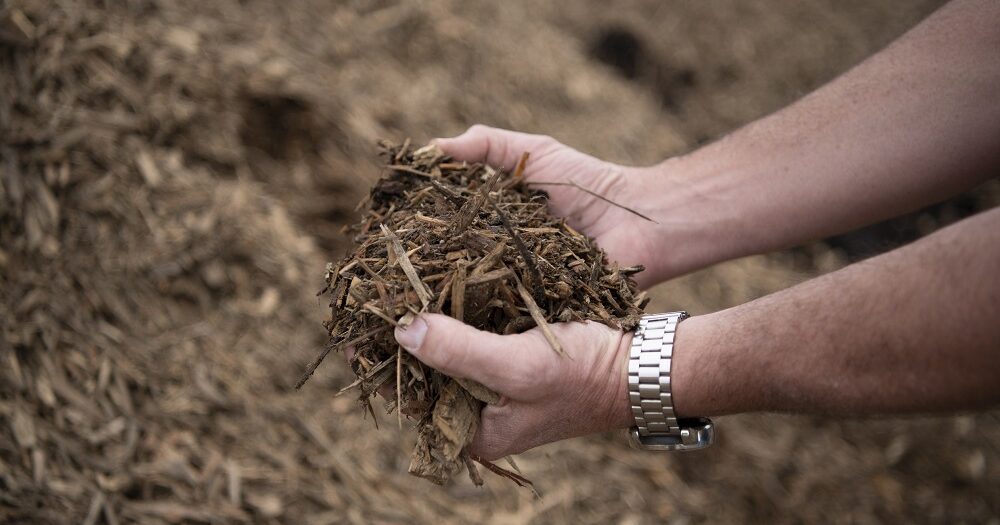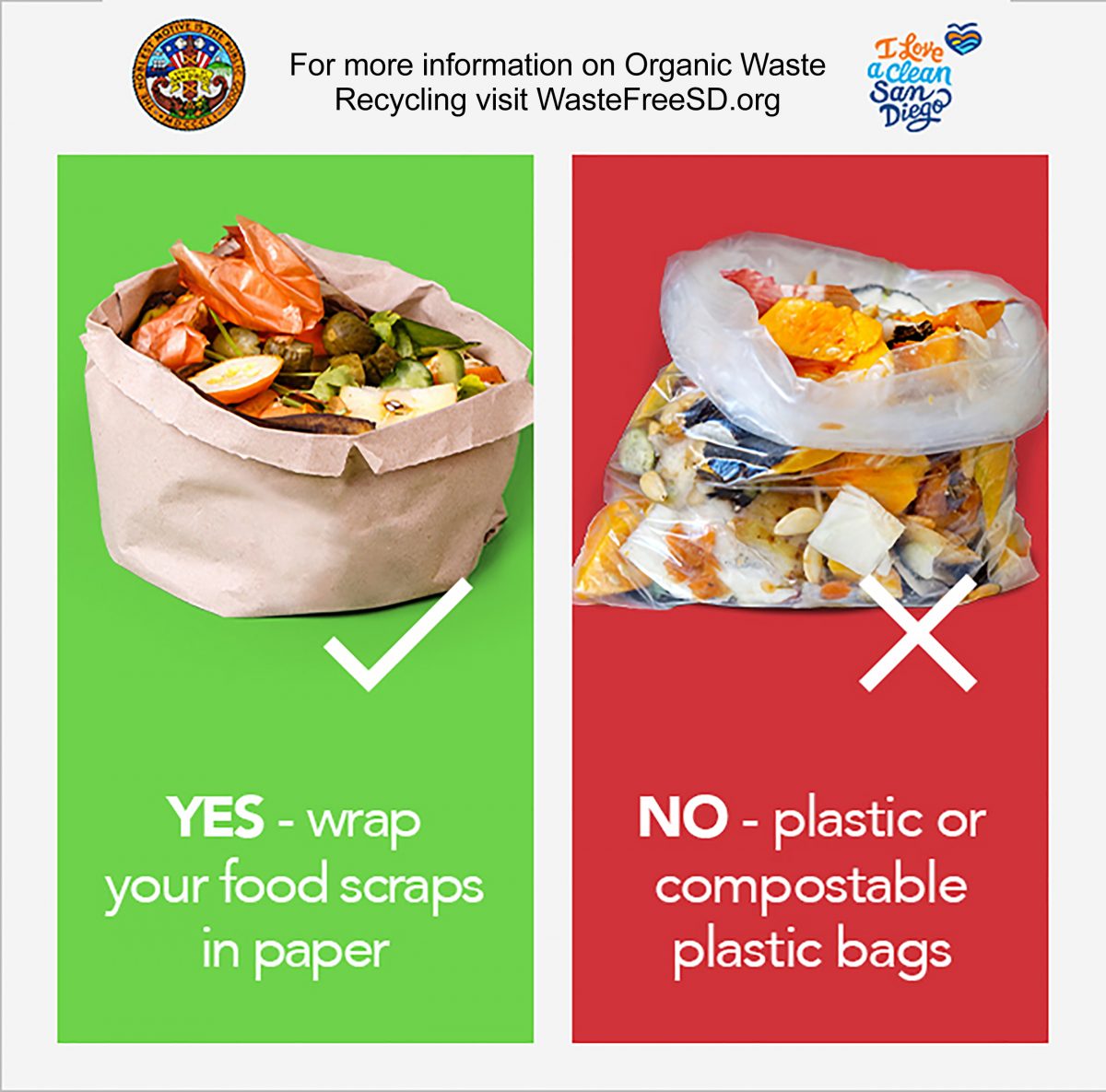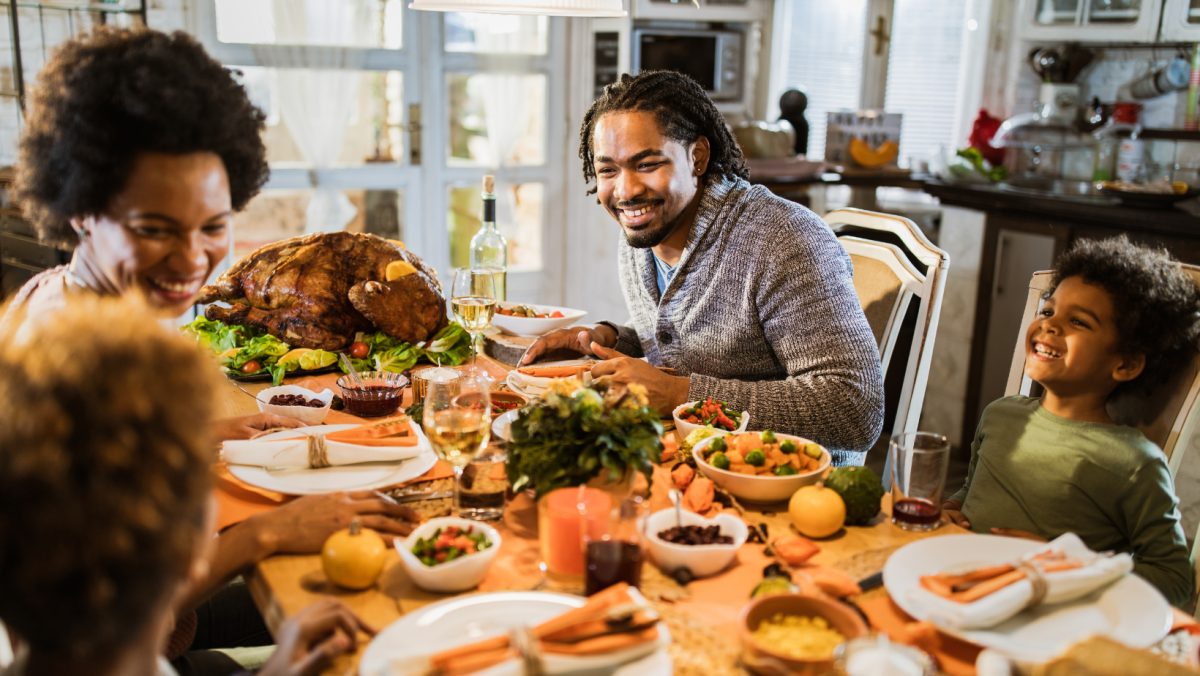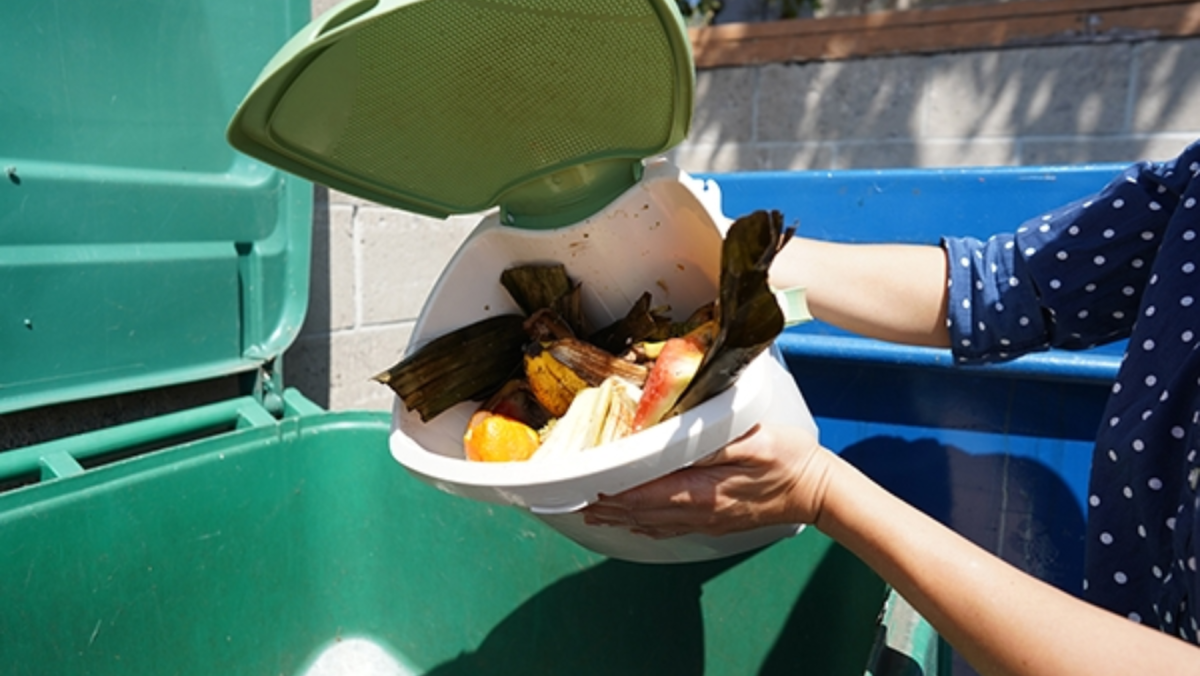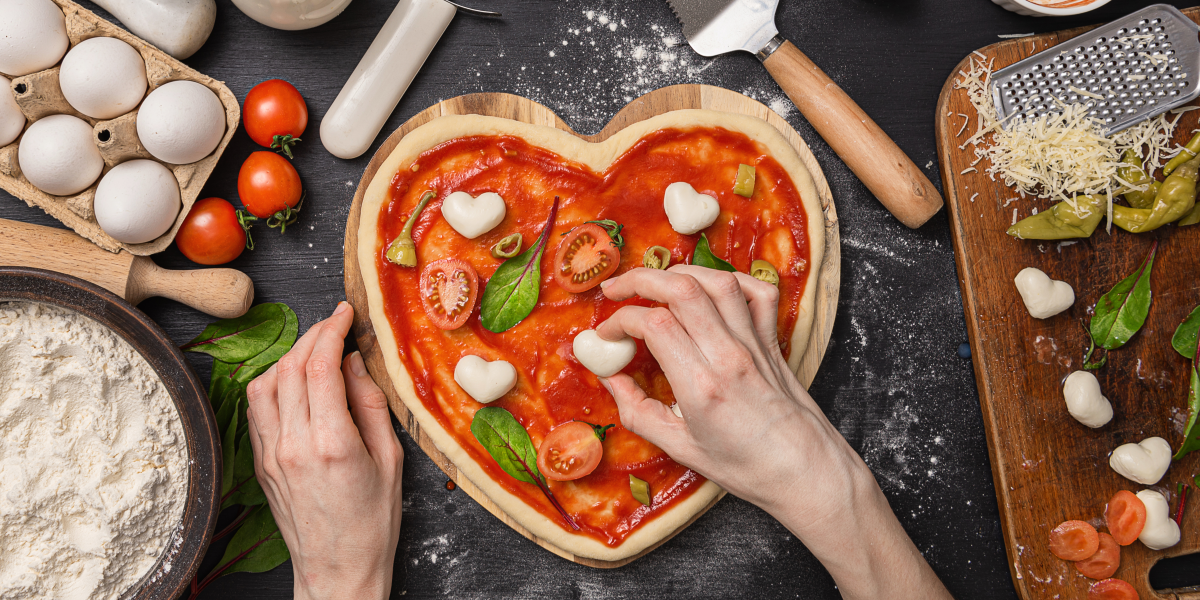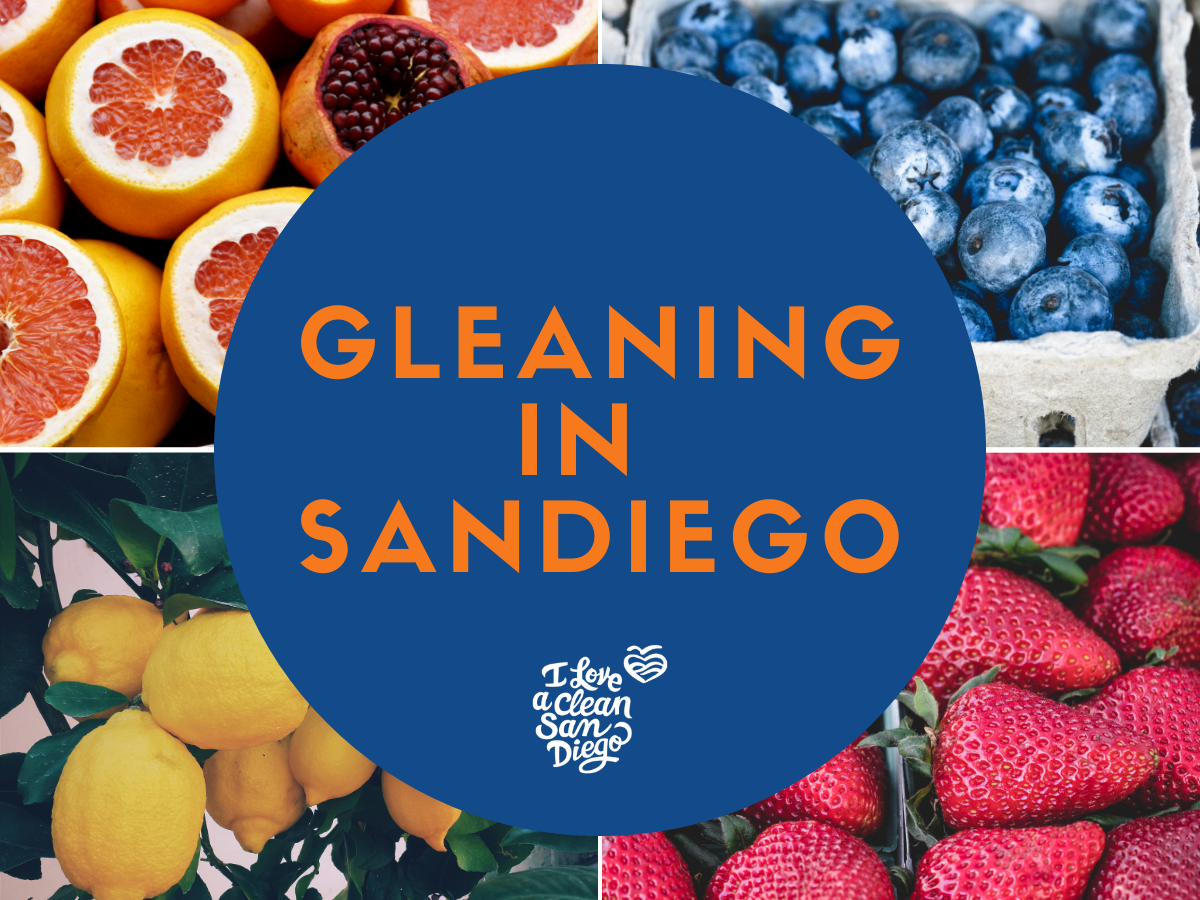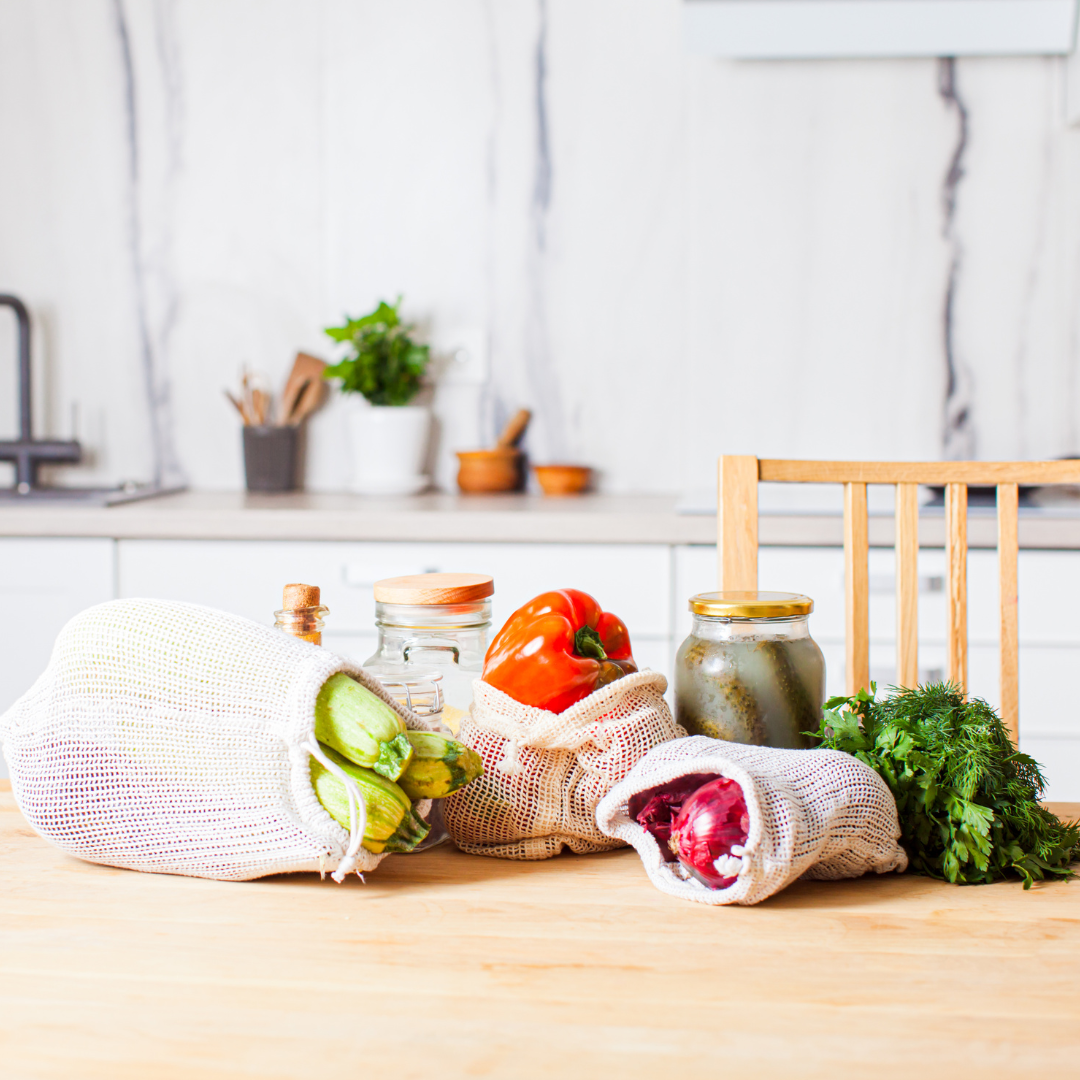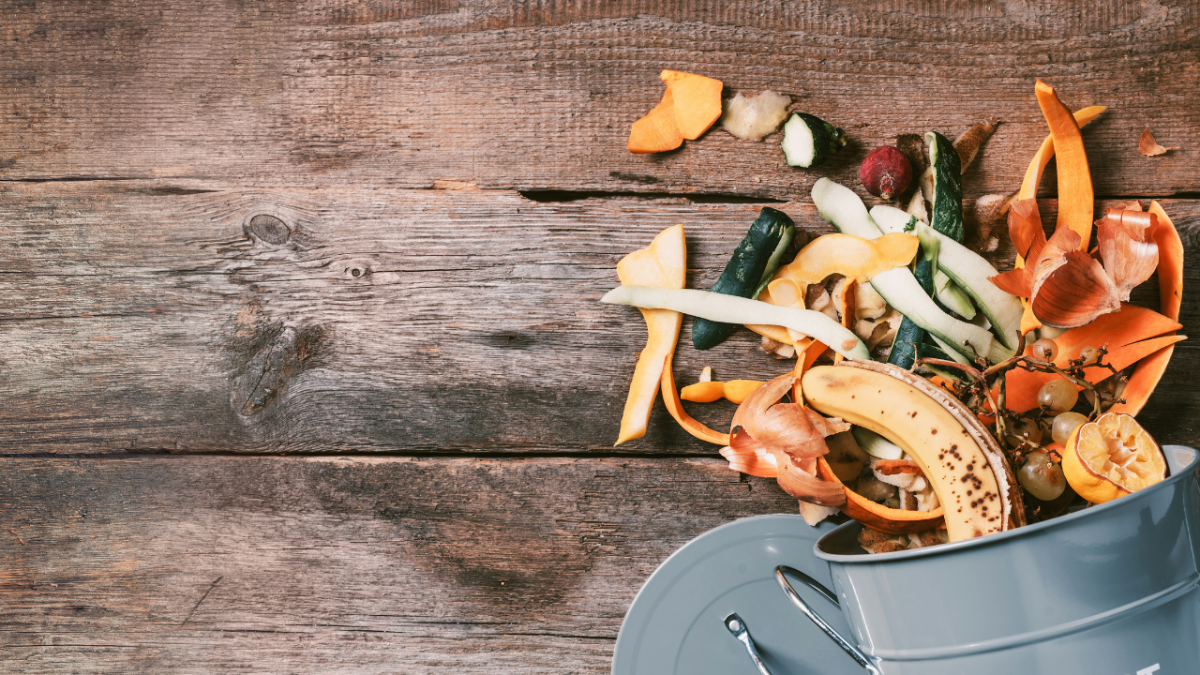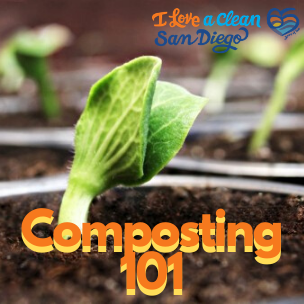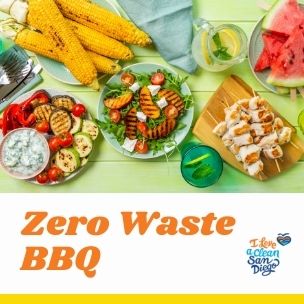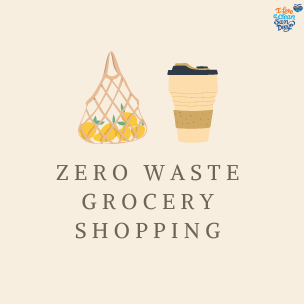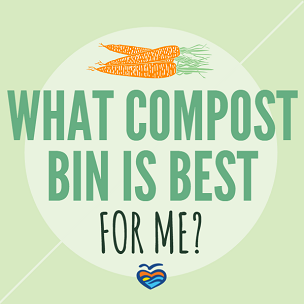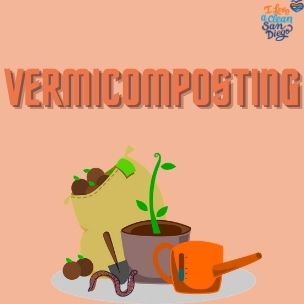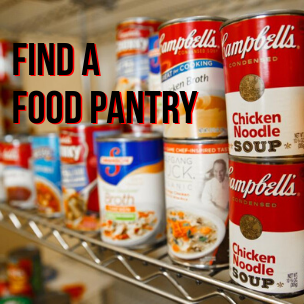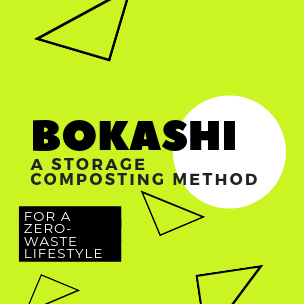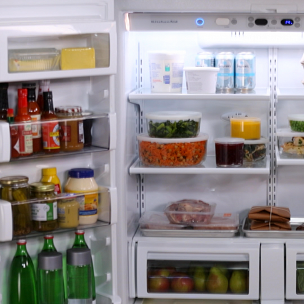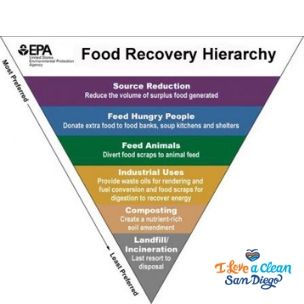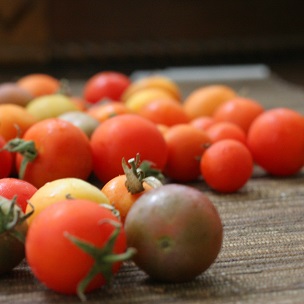From Food to Soil… and Back to Food Again…
In this age of modern convenience where food is found wrapped in plastic, labeled with bar codes, and bought with paper currency, it’s easy to forget where our food comes from. The food we eat every day originates not from supermarkets and restaurants, but from seeds, healthy soil, water, and sunlight. Many San Diegans have taken to gardening to reconnect with their food, save money, and beautify their yards. High-quality plants start with high-quality soil, and the City of San Diego provides free compost and 4-inch mulch for City of San Diego residents, to help your soil become rich and fertile so you can grow high-quality fruits and veggies this year.
What is compost?
Compost is a nutrient-rich soil amendment created by the breakdown of organic material (food scraps & yard trimmings) by microorganisms, which results in high heat that significantly reduces or eliminates pathogens, weed seeds, and herbicides and pesticides. It can be applied to gardens and landscaping to help build healthy soil. Applying compost also helps with moisture retention and erosion control.
Another Case for Composting
Composting helps to build healthy soils, but it also helps to fight climate change related to waste. Did you know that around 40% of discarded waste is organic waste? Composting our organic waste ensures that the nutrients and organic matter are recycled back into our soil and does not end up in the landfill, where it would create methane, a potent greenhouse gas. According to the EPA, methane is 28 times more potent than carbon dioxide at trapping heat in the atmosphere, and an estimated 58% of methane emissions from landfills is from landfilled food waste. Diverted organic waste can also help extend the lifetime of our current landfills, which are rapidly running out of space. For residents who have access to green curbside organic bins or dumpsters in compliance with SB 1383, it has never been easier to turn yard trimmings, food scraps, and food-soiled paper into an environmental benefit.
Where to Obtain Compost
Check out wastefreesd.org to find a location near you where you can pick up compost for your garden. Some jurisdictions provide free compost for residents.
City of San Diego residents who self-load can get up to two cubic yards per visit of high-quality compost or 4-inch mulch from the Miramar Greenery for free! 1 cubic yard = approximately 1 large bathtub full of material. The Miramar Greenery is located at 5180 Convoy St, San Diego, CA 92111 and is open Monday-Saturday 7am-4pm, with some closures for holidays and inclement weather.
Please bring the following:
- Proof of residency in San Diego (such as your ID)
- Shovel
- Bucket(s) for compost or mulch
- Tarp for vehicle trunk
- Gloves
- If open-bed truck, a tarp for covering the bed of the truck and bungee cords to strap the tarp down
Check out this The Miramar Greenery website for more information about the array of recycled landscaping products the Greenery offers, and their practical application in your garden, farm, landscape, or lawn: https://www.sandiego.gov/environmental-services/miramar/greenery
Organic Waste Recycling at Home
Follow these basic tips for recycling your yard trimmings, food scraps, and food-soiled paper in your organics bin or dumpster at home.
- Save food scraps and food-soiled paper in a container in your refrigerator or freezer to put into your bin or dumpster on the night before or the morning of your organics pick-up day.
- Line the bottom of your container with newspaper, and wrap organics in a paper product such as a paper bag or newspaper to prevent residue and moisture in your container.
- Alternatively, layer yard trimmings together with your food scraps and food-soiled paper.
- Do not put any plastic lined paper products in your organics container. Do the tear test: if the paper tears easily, it can go in your green bin. If it sticks when you try to tear it, it contains plastic and must go in your trash.
- Do not put pet waste in your organics container; it should go in your trash.
See more information about the City of San Diego’s Organic Waste Recycling Program here: https://organicwasterecyclesd.org/


